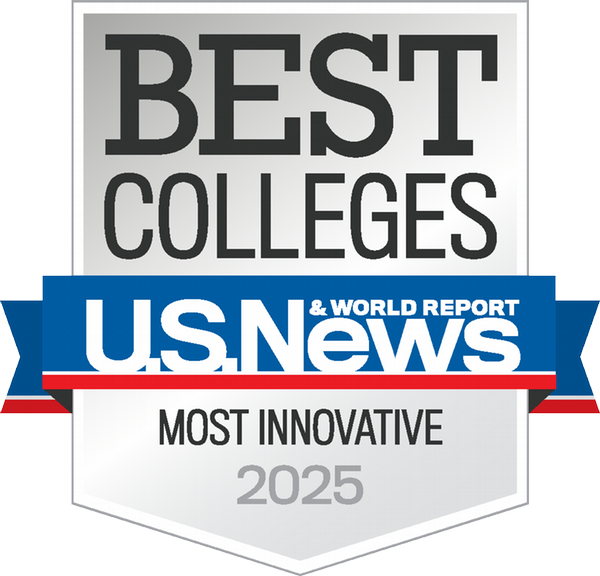Real challenges bring real solutions

As South Florida’s only public research university, our drive to make our world a better place has earned us a distinction few other universities can match:
R1 Carnegie Very High Research Designation, the top-tier category for doctoral research universities.
Research by the numbers
$237M
in research expenditures
107
inventions disclosure last year
63
U.S. Utility Patents for last year
Research pillars

Environmental Resilience
FIU has a long history of environmentally focused programs conducting relevant research in service of conservation, management and the well-being of people and nature.

Health
FIU’s excellence in health-related fields extends from research to practice. The university has made a real commitment to the local community and beyond.

Justice
Combined with the university’s history of engagement and expertise in Latin America and the Caribbean, FIU’s Global Forensics and Justice Center is perhaps the world’s most comprehensive of its kind.

Innovation
Ranked No. 2 in innovation by U.S. News & World Report, FIU is already recognized as one of the country’s most innovative universities.
Insatiable curiosity drives us

Neural-Enabled Prosthetic Hand
FIU was awarded a $6 million grant by the Department of Defense (DOD) to expand testing of their pioneering prosthetic hand system – which allows amputees to "feel" again – to military veterans and other amputees.

FIU is working to preserve vital ecosystems from the world’s only underwater research laboratory. To date, Aquarius has secured more than $15 million in research funding, established the world’s deepest coral nursery and investigated sharks’ impact on coral reefs — helping FIU to reach R1 research status.

FIU’s 14-foot-high, 12-fan hurricane simulator recreates the power of 157 mph winds. Cutting edge research at the Wall of Wind is helping inform building standards, foster new technologies and increase the resilience of our buildings, lifelines and infrastructure systems.

FIU researchers are taking "fingerprints" of the Arctic Ocean to better predict the trajectory of changes to the area’s geochemistry. The National Science Foundation (NSF) invested approximately $20 million in the U.S. Arctic GEOTRACES expedition where FIU is conducting this research.

Center for Translational Science
The Center for Translational Science (CTS) is part of a complex in Port St. Lucie, Florida. A two-hour drive from the university’s main campus, the CTS serves as a natural extension of FIU’s research prowess, and presents an opportunity to work in support of scientific advances to make a difference in patients’ lives.

The Air Force Office of Scientific Research awarded FIU close to $10 million to expand its groundbreaking research on origami antennas. FIU professor Stavros Georgakopoulos is enhancing the agility of warfighters in the battlefield and their satellite communications with the development of his advanced origami-based antenna.
Research facilities
From the Everglades in South Florida to the Arctic Ocean at the North Pole, FIU researchers are using real innovation to make a real difference. We have more than 30 state-of-the-art research facilities and recharge centers that provide access to high end instruments, cutting edge technologies and services.
Supporting women in STEM
FIU is committed to fostering diversity and inclusion through various
programs and initiatives like those of the FIU Knight Foundation School
of Computing and Information Science that help propel women and
underrepresented communities into technology degrees, careers and
leadership positions:
- The Gender Equality in Tech (GET) Cities Initiative
- The Justice, Equity, Diversity and Inclusion (JEDI) Ambassador Program
- The National Action Council for Minorities in Engineering (NACME)
Our researchers frequently appear on the Discovery Channel’s Shark Week!
Our scientists are also leading the international GLOBAL FINPRINT, A MULTI- MILLION DOLLAR INITIATIVE that will fill a critical information gap about the diminishing number of sharks and rays.
Off the coast of Thailand, marine scientist Mark Bond examines the underside markings of a manta ray to determine species and sex.
We lead institutions from the U.S. to Australia conducting surveys that will improve our understanding of how sharks and rays influence coral reef ecosystems and how humans impact these species and their habitats.















